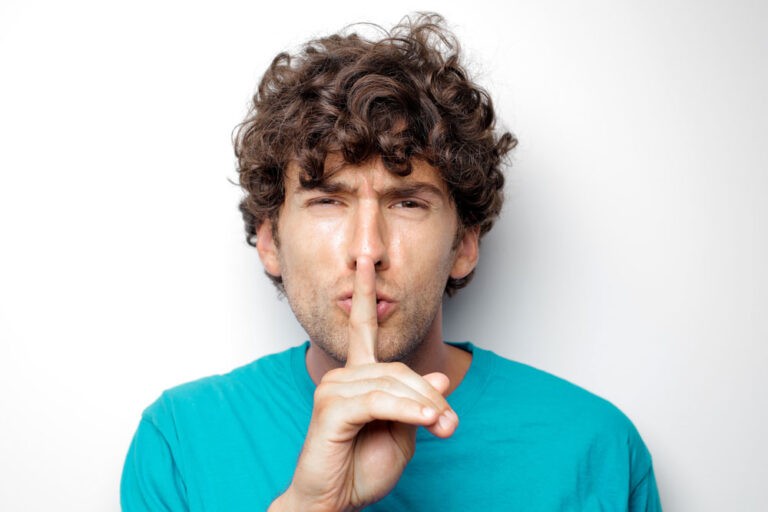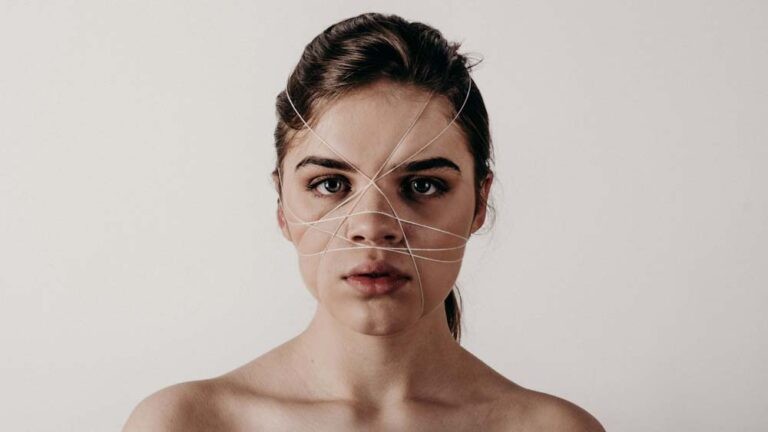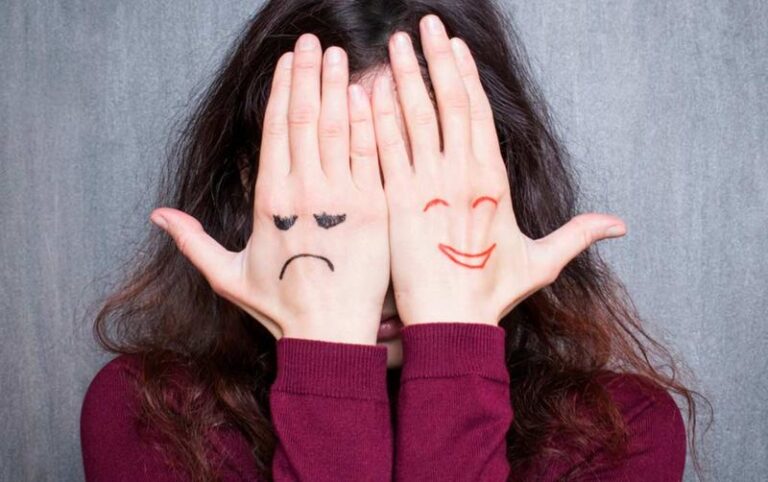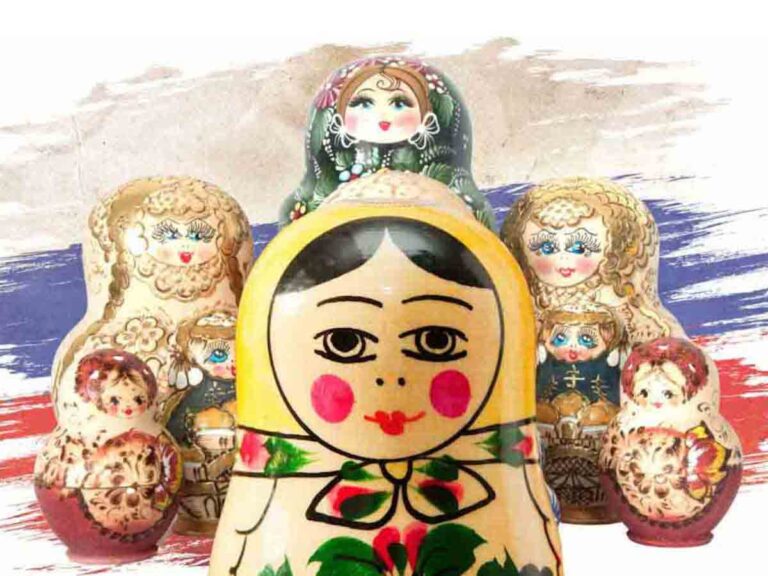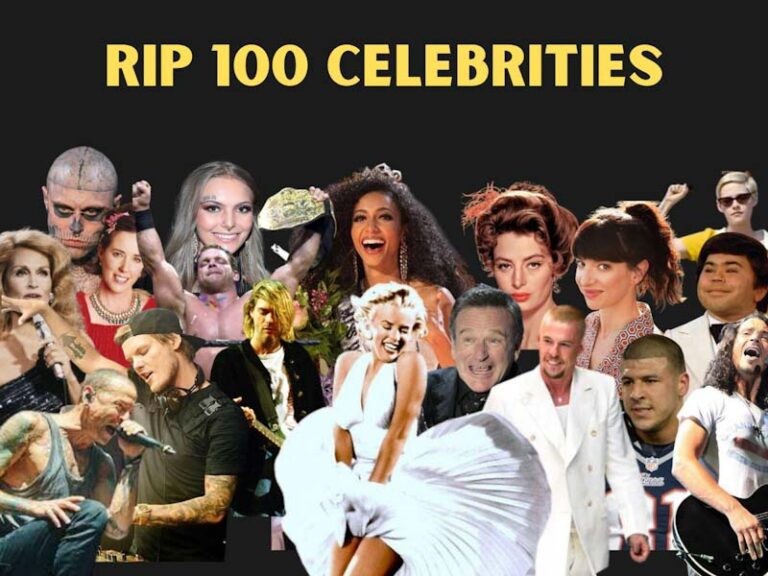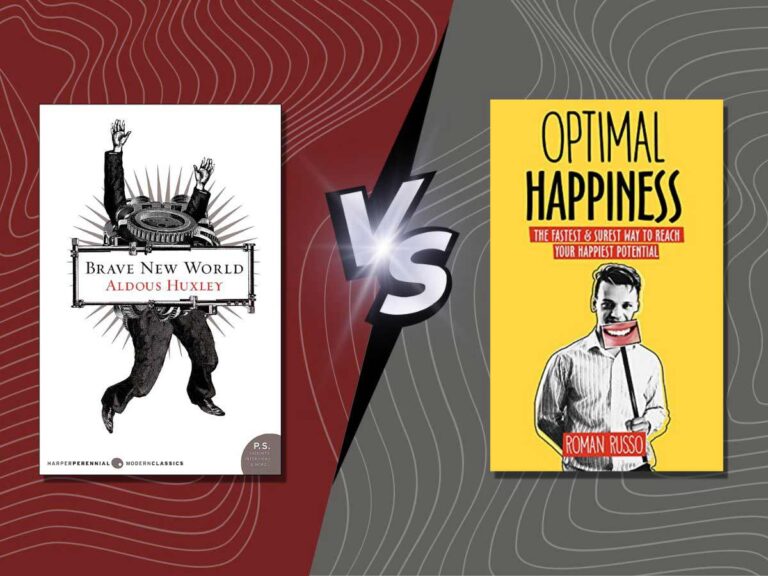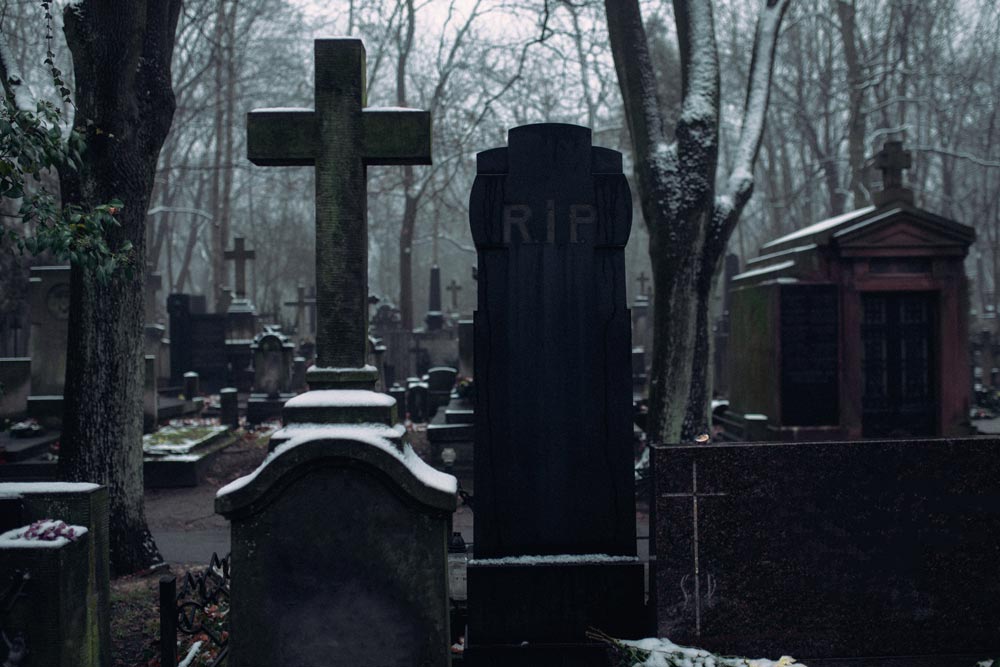
Dark humor is a type of humor that deals with serious or taboo subjects, such as death, disease, or violence. It explores the darker side of human nature and is designed to make people laugh by shocking the audience.
And while it can be a powerful tool for some comedians who are willing to push the boundaries of good taste, it is certainly not for everyone and can easily provoke and offend some people.
Personally, I don’t recommend dark humor, and whenever I hear it, I question whether the person engaging in it is truly happy. In other words, a genuinely happy person is unlikely to use dark humor overall, and if they do, it would only be on a very rare occasion.
This is because true happiness is hard to fake, and while our whole society tries to create an illusion of happiness and well-being, on some occasions, we can clearly see that something is seriously wrong, hinting at some greater underlying problem, which will eventually reveal itself.
In this way, dark humor is a symptom of unhappiness, which people engage in because they don’t know how to be happy, they are looking for happiness in all the wrong places, and, generally speaking, they are escaping, avoiding, or trying to fill a void in their lives.
As a symptom of unhappiness, dark humor goes hand in hand with other types of unhappiness symptoms like listening to metal music, watching horror films, cursing, doing drugs, gambling, engaging in physical or verbal violence, using tattoos, piercings, dying hair, or otherwise overstimulating their emotions.
Similarly, negativity and violence of all kinds is the opposite of good mental health. This is because people can learn to be negative and violent, but it is only a disguise hiding a larger issue, which is a loss of sanity, happiness, and mental well-being.
Certainly, I’m sure that someone will correctly point out that by itself, using tattoos, piercings, dying hair, cursing, or using dark humor isn’t proof that a person is necessarily unhappy, as much as by itself, a sore throat isn’t a symptom of a larger health problem. However, combined with other symptoms, it can reveal a deeper issue.
In an article I wrote in my book titled, “Why Are People Behaving Crazily?” I argued that dark humor and other activities that could be classified as “being crazy” are often a result of unhappiness and people attempting to escape their distress.
Moreover, dark humor can stimulate our emotions, but overstimulation, in general, can lead to short-term gratification, which sacrifices long-term happiness. Additionally, some of the stronger stimulants contribute more to unhappiness than the lighter ones. Following this logic, dark humor may be somewhere between drinking a beer and doing hardcore drugs, however, a truly happy person would recognize it as a form of unhappiness, thus recommending avoiding it.
Therefore, while some people may not see any harm in cursing, listening to hardcore music, watching horror movies, or using dark humor to overstimulate their emotions, if happiness is the desired outcome, it is recommended to stay away from these topics.
At the same time, for all the therapists, coaches, and self-help gurus, watch out for dark humor and other ways that people overstimulate their emotions in order to identify negative thinking patterns. Ask yourself, “Why is my patient using dark humor?” and “What will it take to make them happy?”
Optimal Happiness is in the business of actually making people happy. So, if you or someone you know is in need of positivity, please send them our way.
Stay happy and avoid dark humor!







